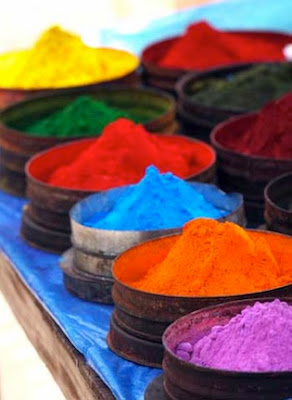Add one tablespoon of salt, bring to a boil, and it should rise to around 104 C (219 degrees F). Boiling temperature for water is 100 C, the effect of adding salt into boiling water will turned the water into an impure solvent and increased the boiling temperature.
Adding salts will elevates and increased the water temperature above boiling point.
Will elevating the boiling temperature cured the polymer clay?
 |
| Test on boiling Fimo polymer clay |
 |
Preparation for the boiling test, Fimo Soft, Effect and
Classic |
 |
Boiling the clay in a steel container
ADDING SALTS |
 |
| Washed Tests |
 |
| Salted Clay Beads ? |
 |
| Blistering on Fimo Soft and Effect |
 |
| Flexible test on Fimo Soft, notice the blisters on the clay |
 |
| Clay strip broke into two pieces |
 |
Flexible test on Fimo Effect, notice also the blisters
on the clay |
 |
| Flexible test on Fimo Classic |
 |
Clay strip broke into two pieces
TESTING HARDNESS AND CLAY ADHESION
|
 |
| The test results of all the boiled clays |
Conclusion: Even after adding the salt to elevate the boiling temperature to 104 C (219 degrees F),
the polymer clay does not cured completely. It will create blistering on the clay surfaces for Fimo Soft and Fimo Effect, except for Fimo Classic.
Boiling for polymer clay is only a temporary solution but used quality clay such as Fimo Classic And Premo.


































